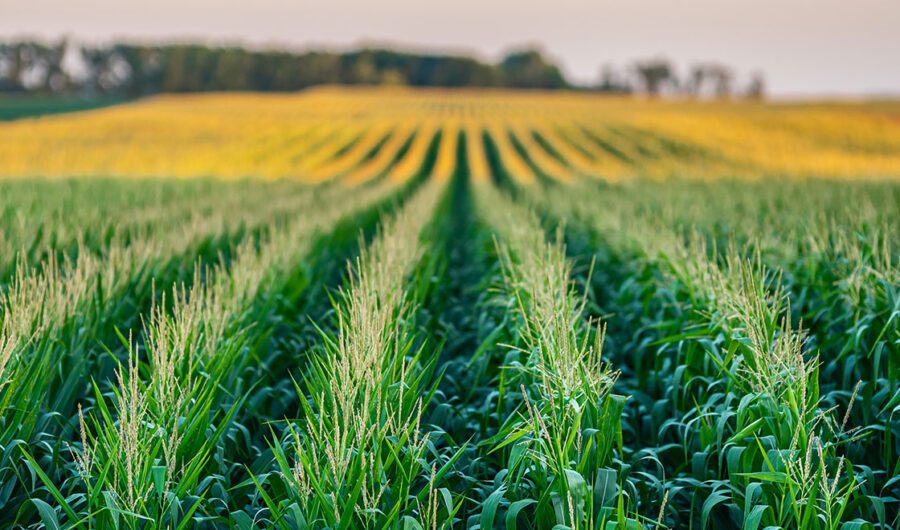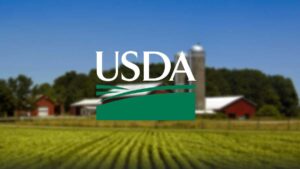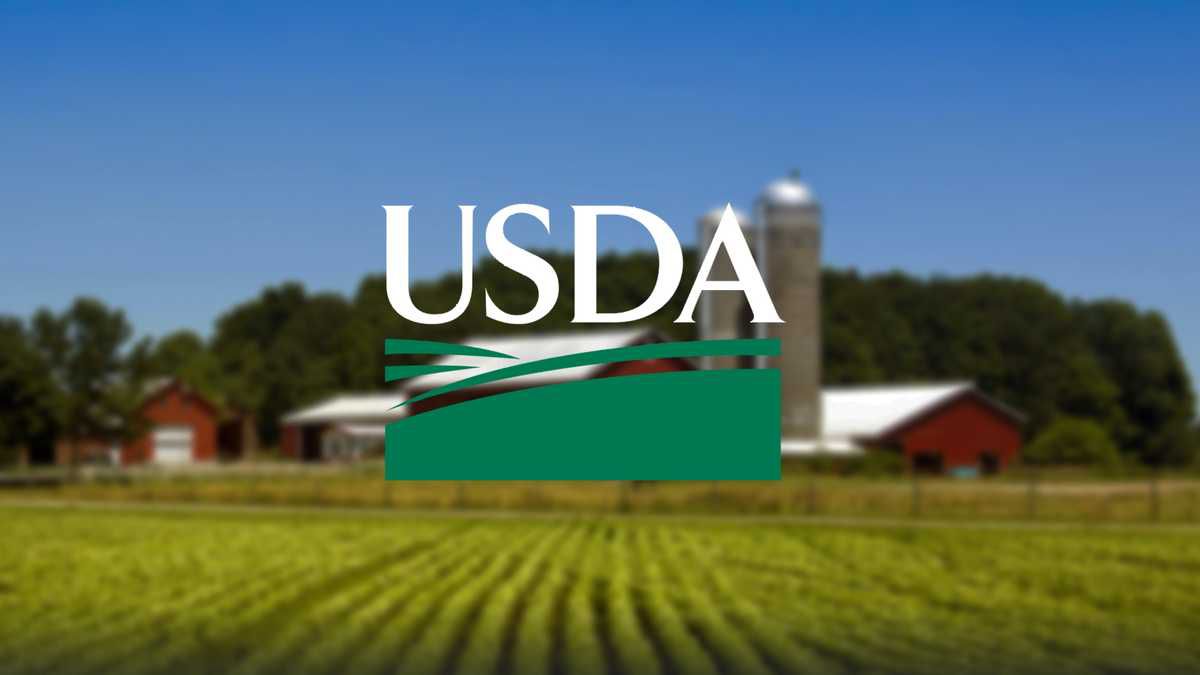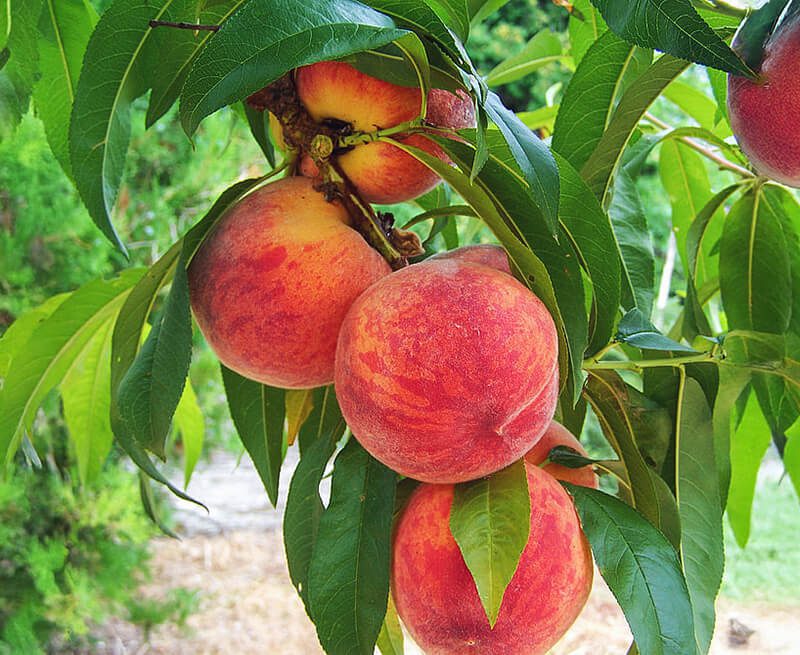Illinois is experiencing significant population decline, and a significant portion of those leaving are young adults. This trend is particularly noticeable among those aged 26-54, including many wealthy millennials. The population under 18 shrinking by 6.1% since April 2020. This decline is more pronounced than the national average, with Illinois’s under 18 population shrinking by 1.7% in 2023 compared to a 0.5% decline nationally.
Bad public policy is one of the things making it difficult for younger Illinoisans to live and stay in the state. However, a number of House Republicans, including State Representative Dan Swanson (R-Alpha) are coming up with legislation aimed at making things better for the younger population who would like to stay in the state.
Swanson has sponsored HB1501 which deals with the younger population who are looking at farming opportunities. It would create an income tax credit for an owner of an agricultural asset who sells or rents the agricultural asset to a beginning farmer.
According to Swanson, there has been a steady increase in the barriers to entry, especially land acquisition and land operation, faced by young adults with a vocation for full-time agricultural life. Some prime Illinois farm lands are now worth more than $20,000/acre, and no young farmer can directly acquire this land though any pathway other than direct family inheritance.
***Courtesy of Representative Dan Swanson***














